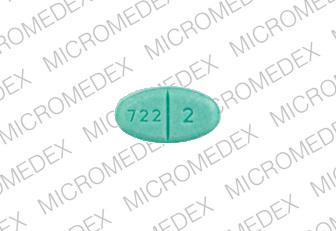Estrace Interactions
There are 393 drugs known to interact with Estrace (estradiol), along with 14 disease interactions, and 4 alcohol/food interactions. Of the total drug interactions, 35 are major, 337 are moderate, and 21 are minor.
- View all 393 medications that may interact with Estrace
- View Estrace alcohol/food interactions (4)
- View Estrace disease interactions (14)
Most frequently checked interactions
View interaction reports for Estrace (estradiol) and the medicines listed below.
- Ambien (zolpidem)
- amlodipine
- aspirin
- clonazepam
- Cymbalta (duloxetine)
- Flexeril (cyclobenzaprine)
- gabapentin
- hydrochlorothiazide
- Klonopin (clonazepam)
- levothyroxine
- lisinopril
- Lyrica (pregabalin)
- metformin
- Nexium (esomeprazole)
- Norco (acetaminophen / hydrocodone)
- omeprazole
- prednisone
- Prilosec (omeprazole)
- progesterone
- Singulair (montelukast)
- spironolactone
- Synthroid (levothyroxine)
- Topamax (topiramate)
- tramadol
- trazodone
- Vitamin B12 (cyanocobalamin)
- Vitamin C (ascorbic acid)
- Vitamin D3 (cholecalciferol)
- Xanax (alprazolam)
- Zyrtec (cetirizine)
Estrace alcohol/food interactions
There are 4 alcohol/food interactions with Estrace (estradiol).
Estrace disease interactions
There are 14 disease interactions with Estrace (estradiol) which include:
- abnormal vaginal bleeding
- carcinomas (estrogenic)
- hypercalcemia in breast cancer
- hypertension
- thromboembolism/cardiovascular
- hepatic neoplasms
- angioedema
- gallbladder disease
- hyperlipidemia
- hypoparathyroidism
- liver disease
- fluid retention
- glucose intolerance
- thyroid function tests
More about Estrace (estradiol)
- Estrace consumer information
- Compare alternatives
- Reviews (13)
- Drug images
- Side effects
- Dosage information
- During pregnancy
- Support group
- Drug class: estrogens
- Breastfeeding
- En español
Related treatment guides
Drug Interaction Classification
| Highly clinically significant. Avoid combinations; the risk of the interaction outweighs the benefit. | |
| Moderately clinically significant. Usually avoid combinations; use it only under special circumstances. | |
| Minimally clinically significant. Minimize risk; assess risk and consider an alternative drug, take steps to circumvent the interaction risk and/or institute a monitoring plan. | |
| No interaction information available. |
See also:
Further information
Always consult your healthcare provider to ensure the information displayed on this page applies to your personal circumstances.


